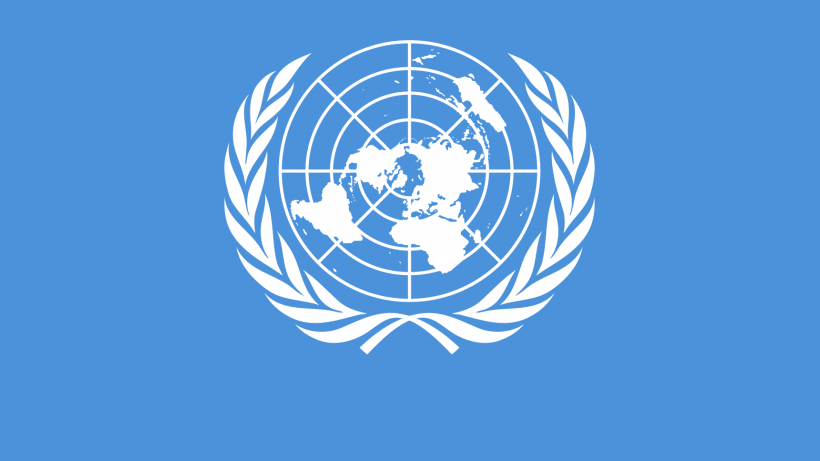
Zero-Draft proposal on Sustainable Development Goals falls short
In November 2014, the IGC, along with 18 world-leading economists, sent an open letter to the Secretary-General Ban Ki-Moon of the United Nations urging the UN to champion economic growth as the driving force in achieving meaningful and sustained poverty reduction. The newly published ‘Zero-draft’ of the Sustainable Development Goals has fallen disappointingly short of the recommendations put forth in our letter.
With the current Millennium Development Goals set to expire this year, there is a real opportunity for the UN to frame this second round of development goals in a way that focuses the global agenda on initiatives that will have the greatest impact on poverty eradication. This requires goals and targets aimed at the structural drivers of poverty and recognising the overriding importance of economic growth.
Despite significant critiques and challenges to the initial version, this new draft of the Sustainable Development Goals outcomes agenda is largely unchanged. It remains an overly broad list of ambitious goals on a range of issues including food security, health, education, and energy – and risks inadvertently casting ordinary people as passive recipients of development assistance.
A focus on growth is empowering, emphasising the role of individuals as active generators of their own income, lifting themselves out of poverty. Growth enables people to engage in meaningful employment, to create new businesses and to invest in the health and education of their children, whilst also generating the public revenues necessary to finance sustained improvements in infrastructure.
Economic growth has been the most important factor driving poverty reduction in the developing world and needs to be at the heart of the post-2015 development agenda.

